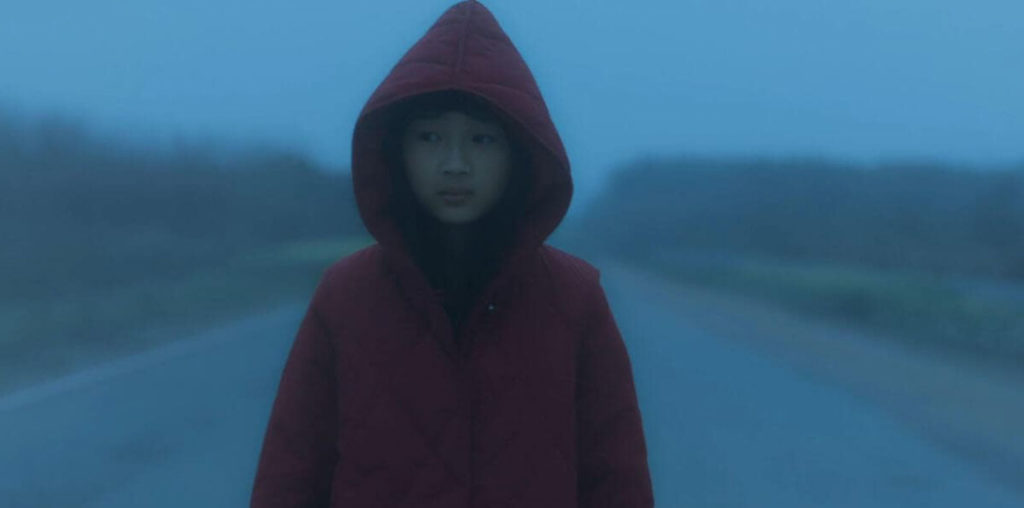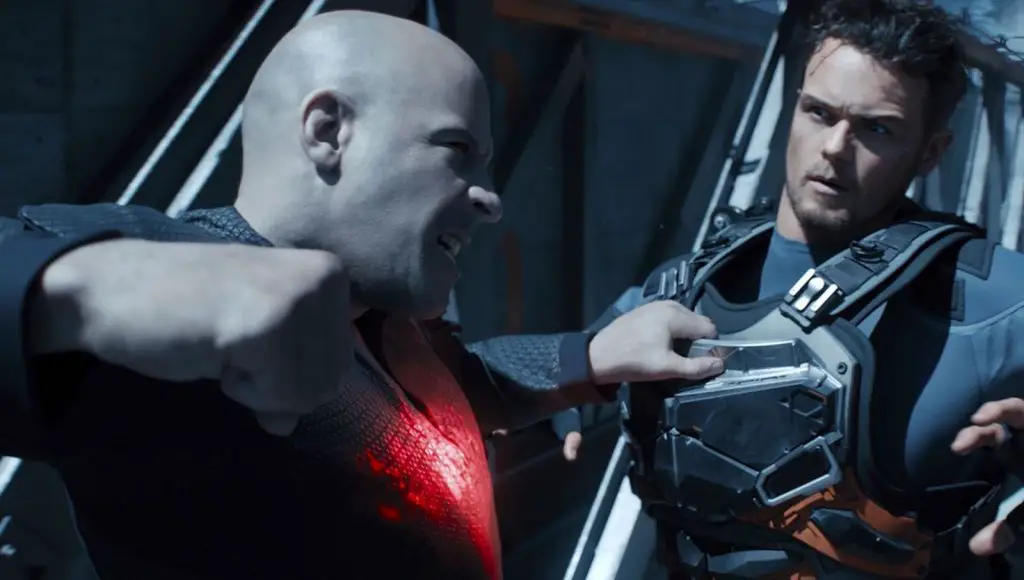
German films that have dealt with their divided past, at least those that I fondly recall, covered the horrors of the country’s post-WWII, cold war fathers with sublime, Oscar-winning, tension (Florian Henckel von Donnersmarck’s ‘The Lives of Others“) or with subtle, comic relief as in 2003’s “Goodbye Lenin!” And although Christian Petzold’s subdued, personal entry—his country’s submission to the forthcoming Foreign Language Film category for an Academy Award (it, alas, did not make the final selection)—is a determinedly small look at the philosophies that eventually failed East Germany before the Berlin Wall collapsed.
Featuring his actress-de-jour Nina Hoss as Barbara Wolff, who, when she appears in the film’s opening scene, displays a Teutonic beauty suggesting a modern-day Brigitte Helm, that rebellious star of Fritz Lang’s silent epic “Metropolis.” Whereas Helm’s character was at fierce terms with society’s totalitarian leaders, Hoss’ title role veers toward a smart, stubbornly cautious (at every corner, of betrayal), and a rare-to-anger temperament. As a young doctor, she is banished by the East German leadership of 1980 from a prestigious post in Berlin to a small hospital in the windy provinces by the sea. Her “crime” was having asked for an exit visa from the GDR.
She’d rather not play friends with her new co-workers, hoping to make do of the situation with little fuss, even if she is constantly under the shadowy view of the Stasi police, including its local leader Klaus Schütz (Rainer Bock), a man of no mirth. The apartment she’s allocated is horrible, even if it has a piano (out of tune). She trusts no one, although a young, passionate doctor, André Reiser (Ronald Zehrfeld), with his own non-political tale of exile, seems too friendly (and ruggedly handsome) to refuse. She has no impulse toward any extracurricular relationship with him, especially as she hopes to join her lover Jörg (Mark Waschke) in escaping to the West in the not-too-distant future.
When a young woman, Stella (Jasna Fritzi Bauer), is brought to the hospital, Barbara makes an impressionable diagnosis of meningitis, caused by conditions after her escape attempt from Torgau, a horrid work/extermination camp nearby. Their fates, it turns out, become intertwined, especially during the last ten minutes of the film.
The award-winning Petzold tells his story of lost souls with little fanfare, even lesser music (and then only ambient–from a radio, a phonograph, or the newly-tuned piano), and no effects-laden gimmickry or expansive camerawork (the low key cinematography is expertly captured by Hans Fromm, who has filmed all of Petzold’s films). He garners powerful performances from his cast, especially Hoss and Zehrfeld, allowing them to explore their characters’ depths of solitude, compassion, and dedication. “Barbara” offers us historically motivated immorality offset by some heartfelt sensitivity, a side order of depression, and finishes off with some ennobling hope. It’s definitely one of the best foreign films of the year.


